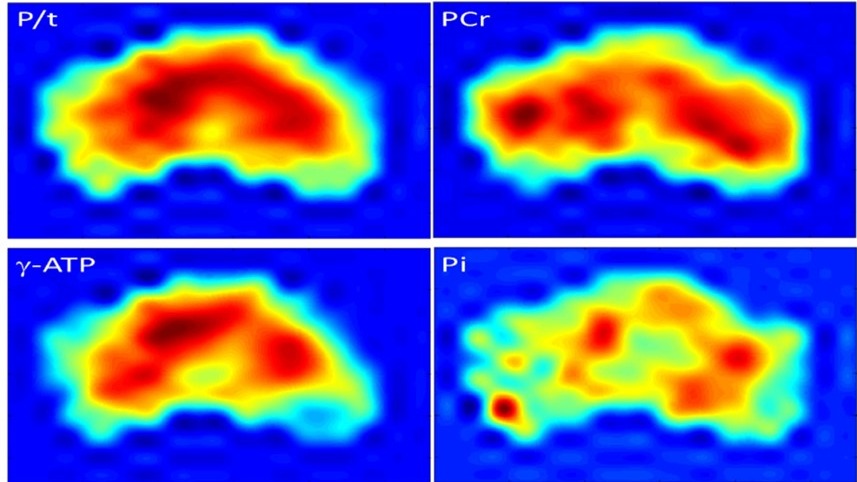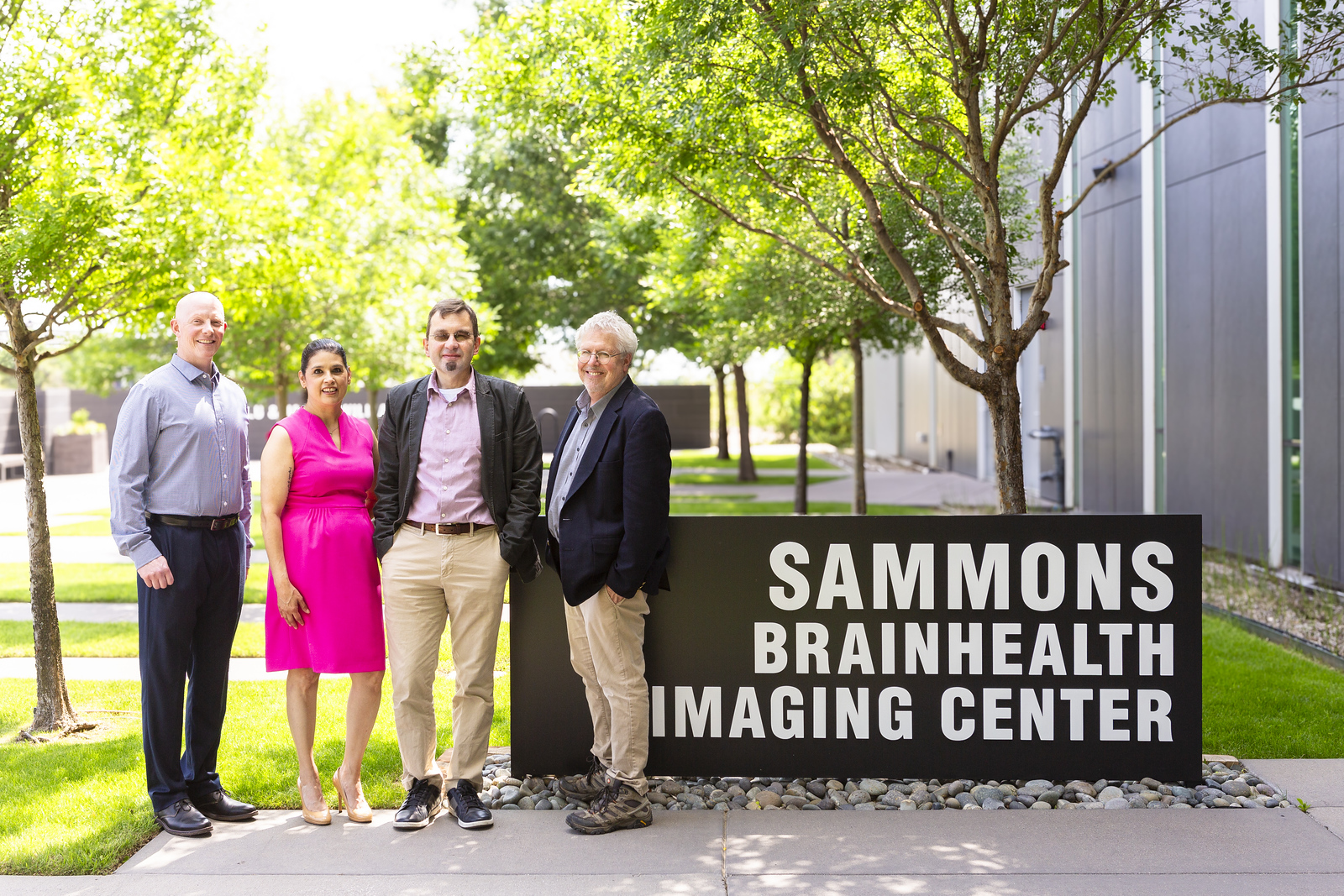
Center for BrainHealth Advances Technique to Distinguish Brain Energy Molecules
Center for BrainHealth
Share this article

Sandra Bond Chapman, PhD
Chief Director Dee Wyly Distinguished Professor, School of Behavioral and Brain Sciences Co-Leader, The BrainHealth Project
Related Information

7T Brain Scans Reveal Potential Early Indicator of Alzheimer’s
Novel research approach holds promise for early detection and treatment.

